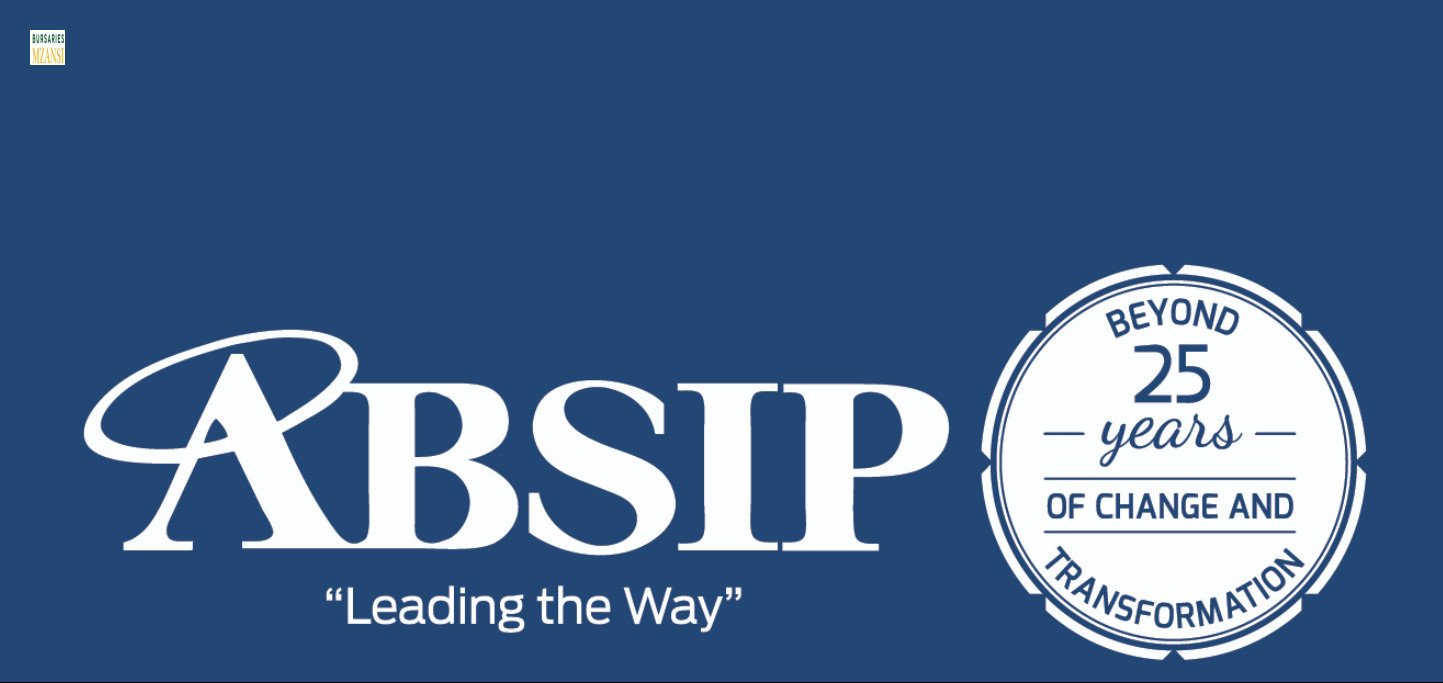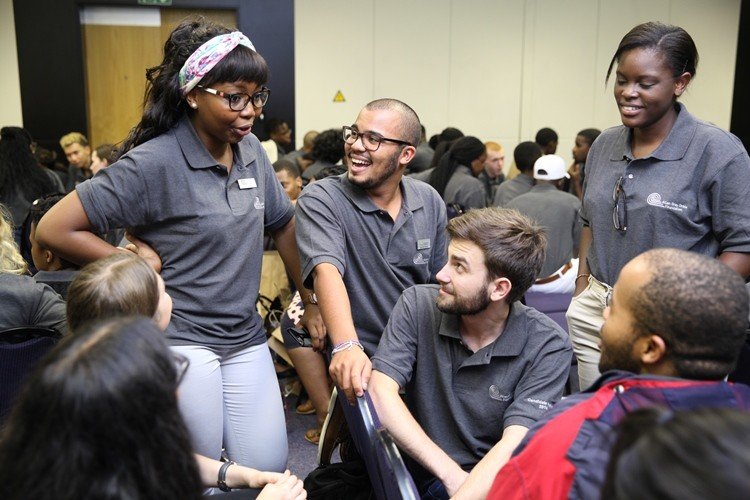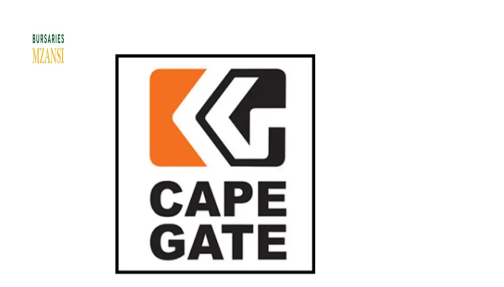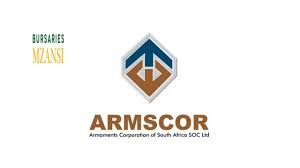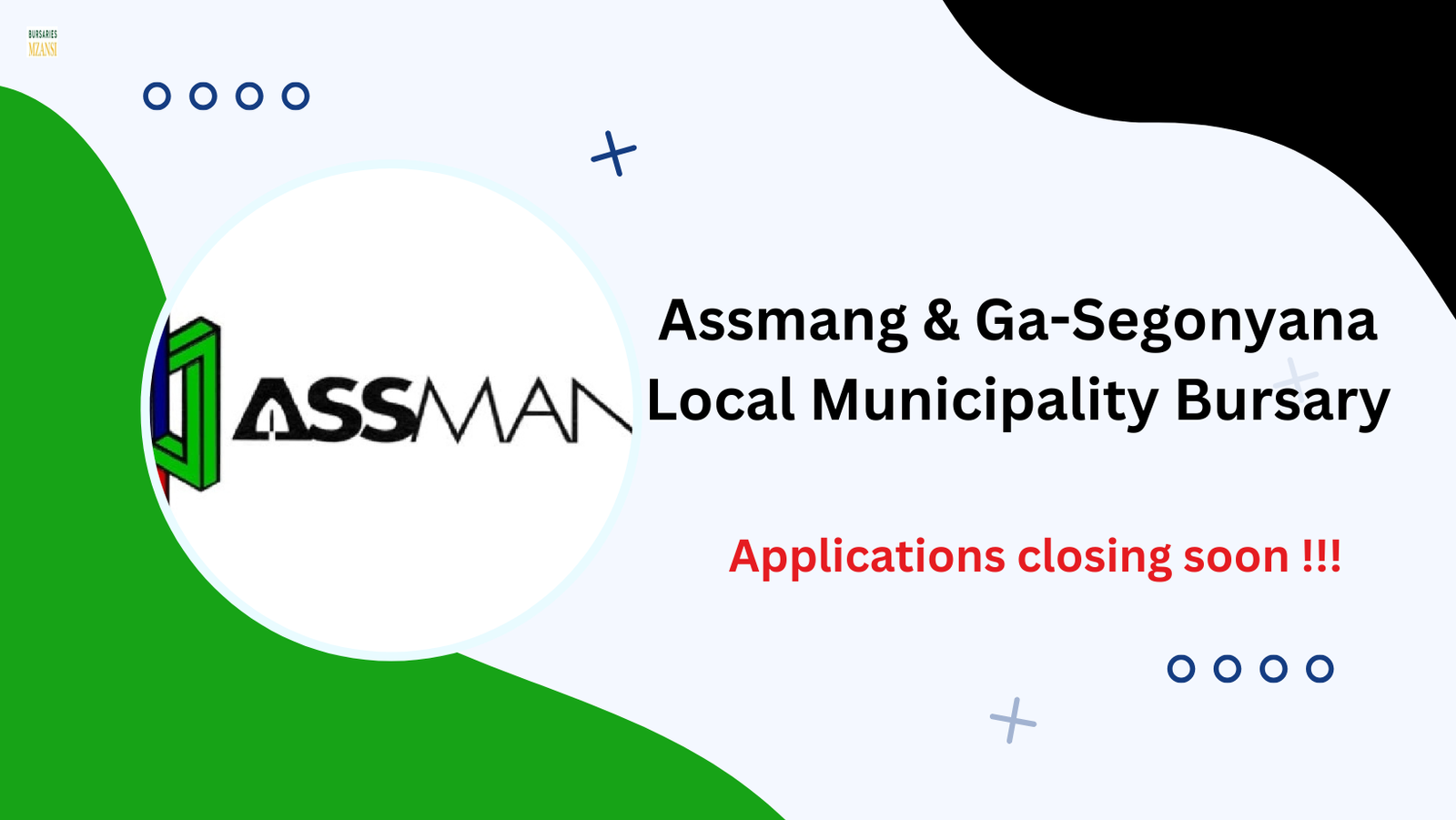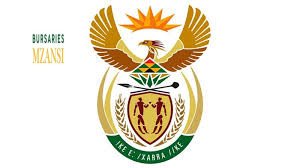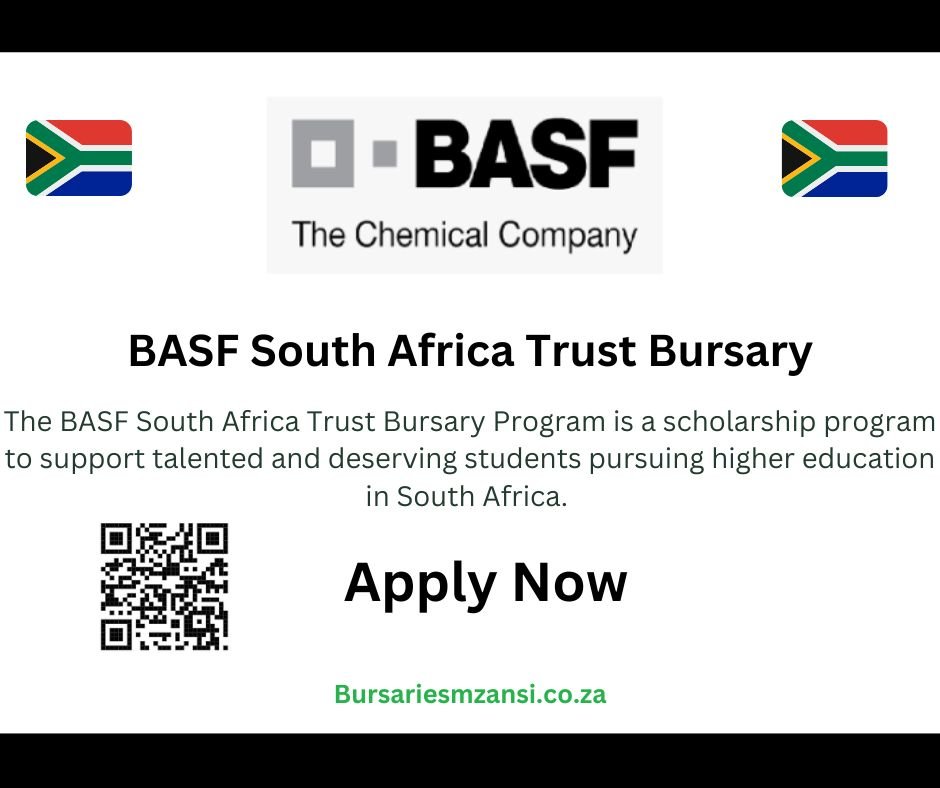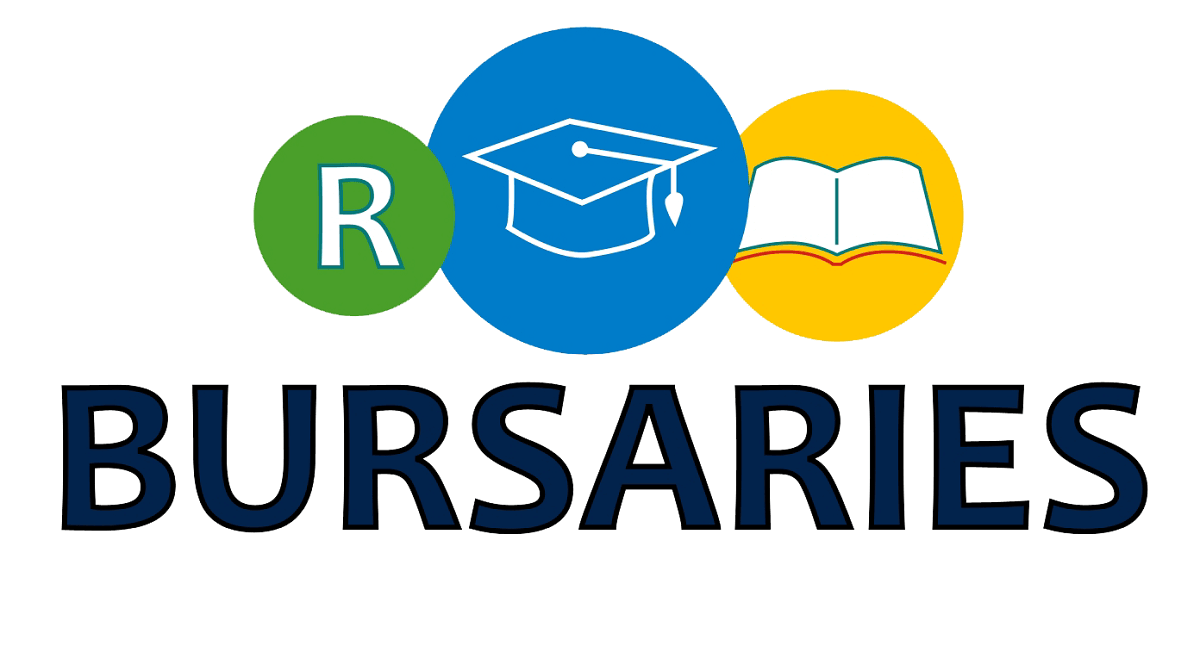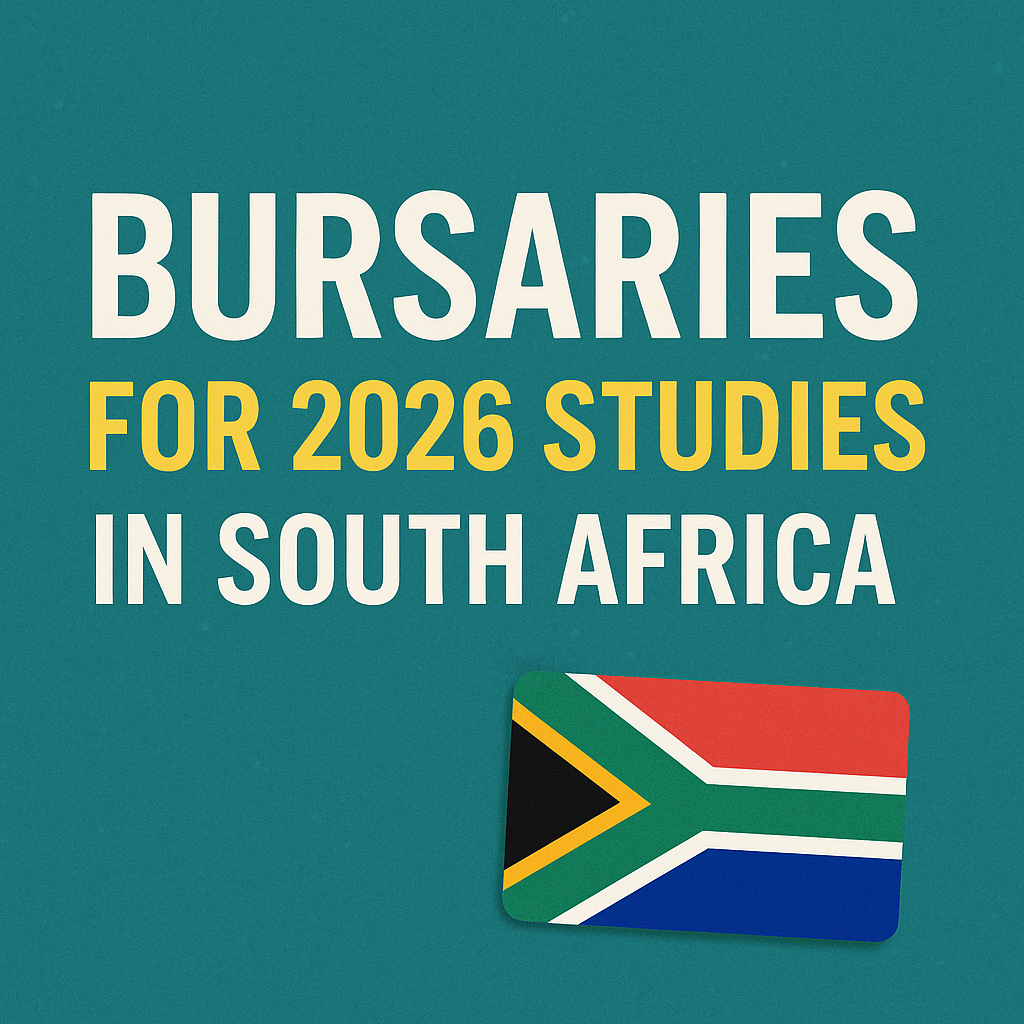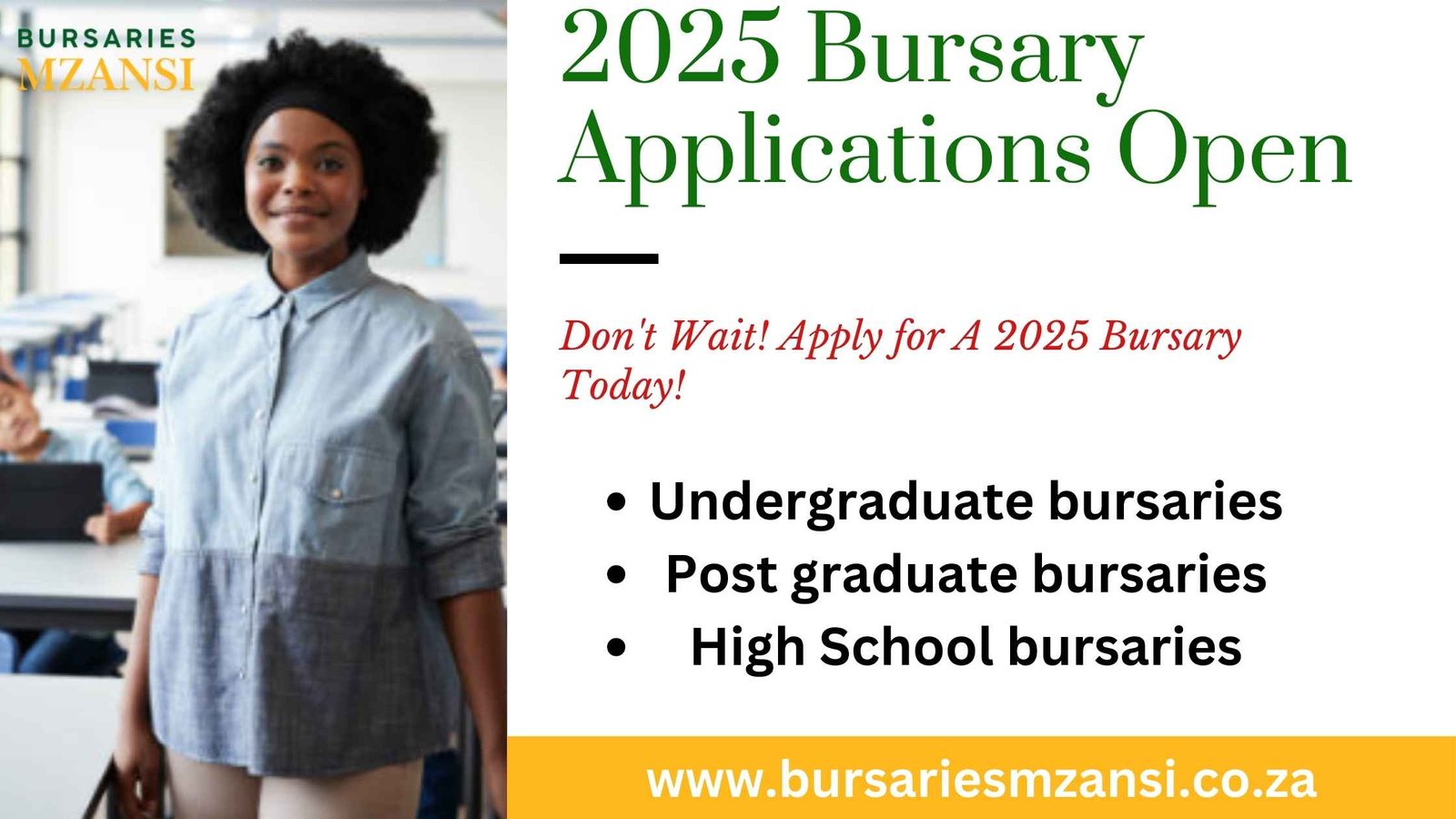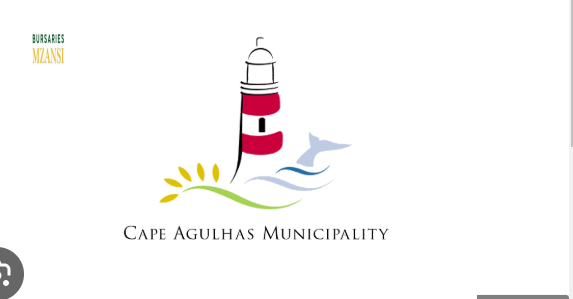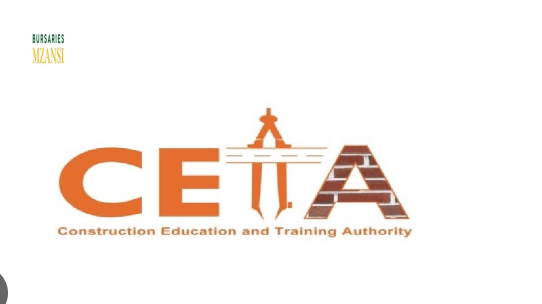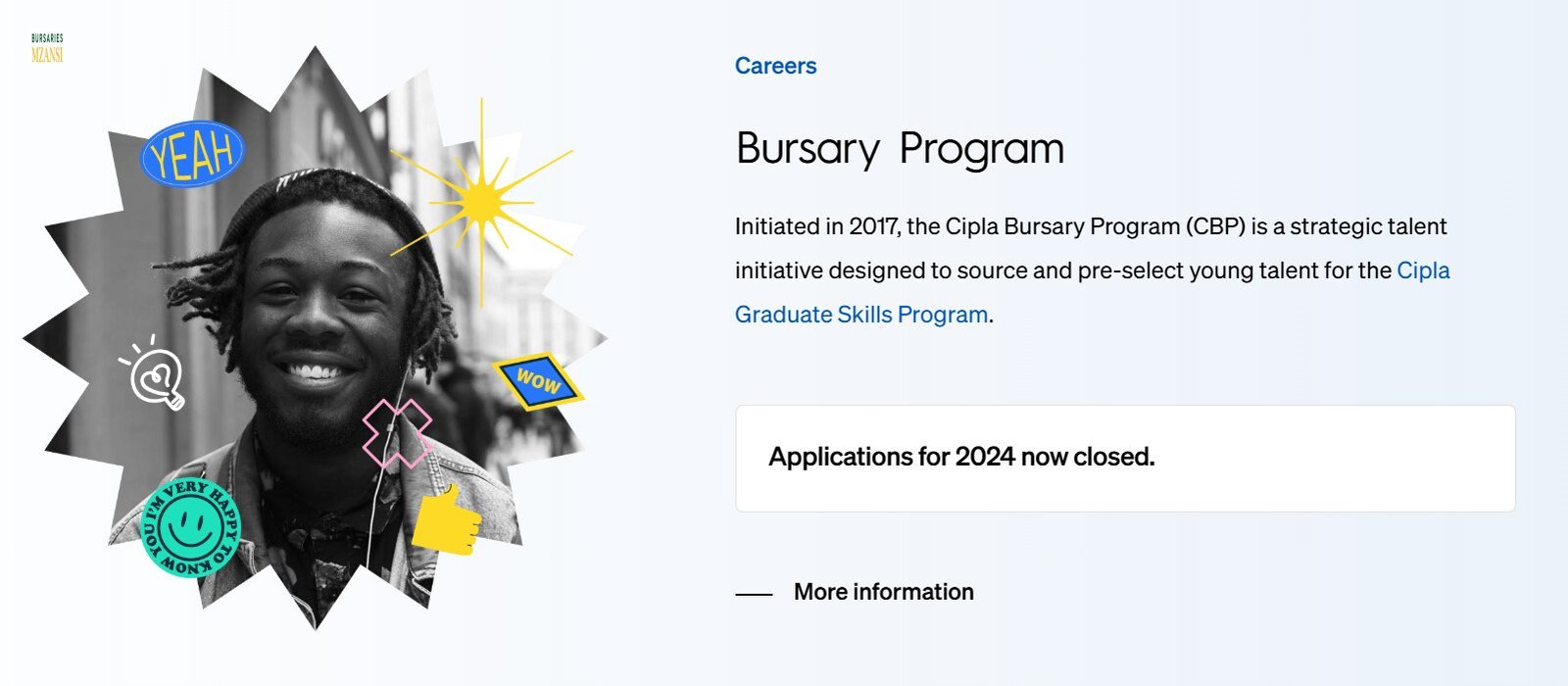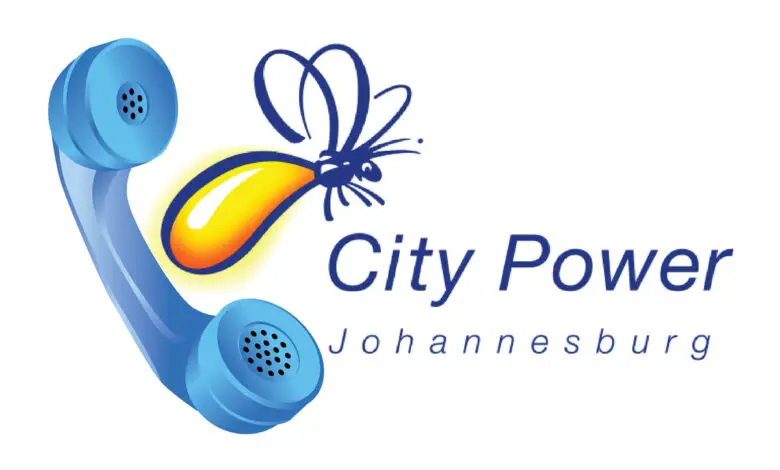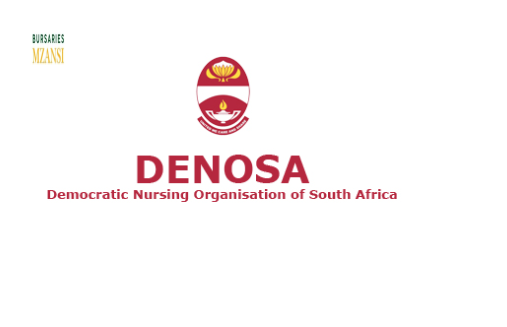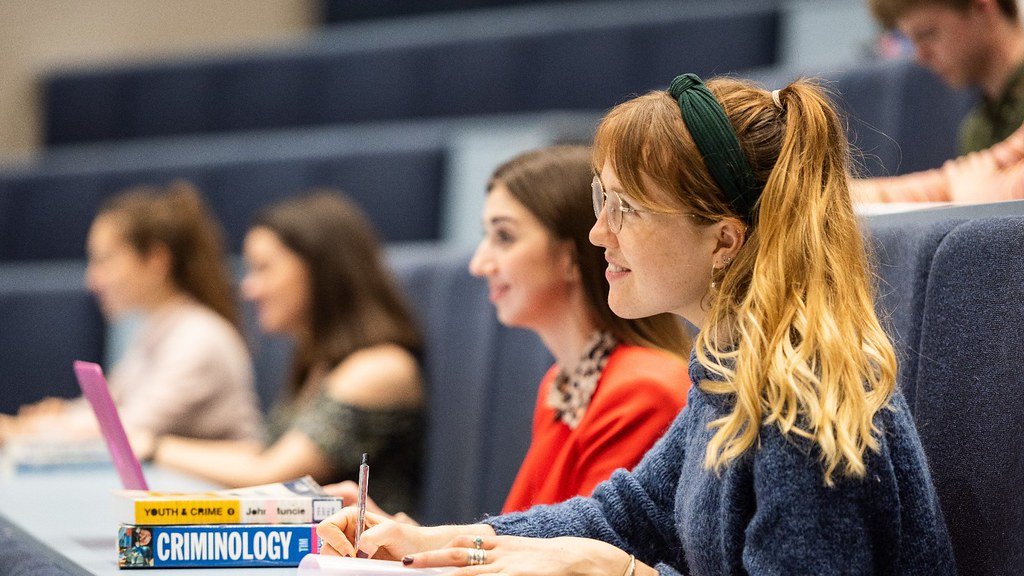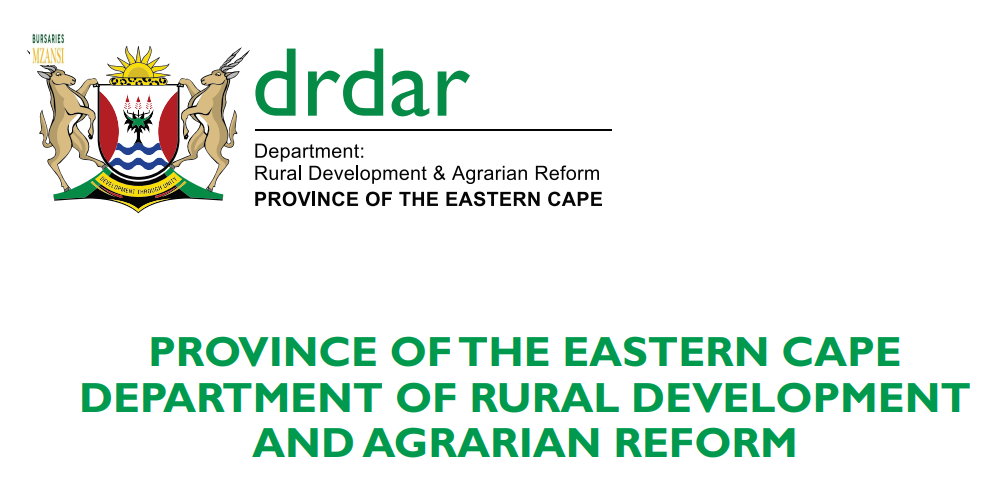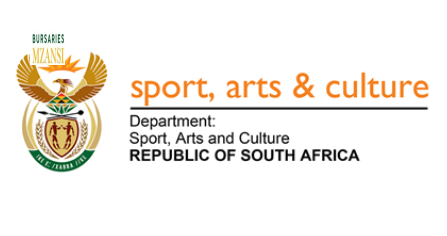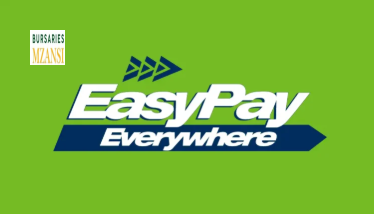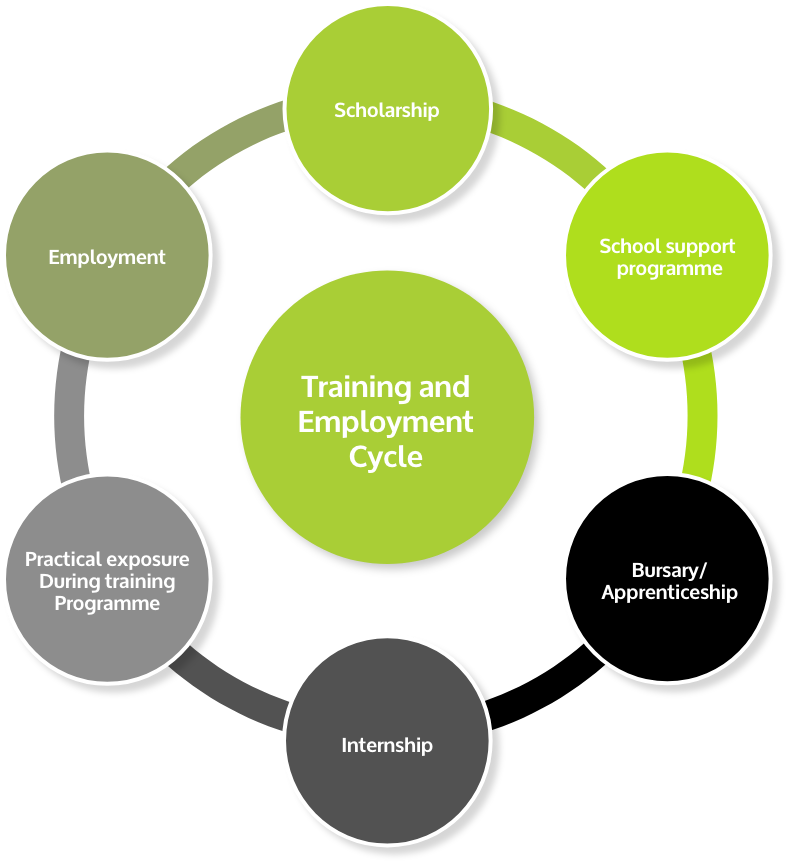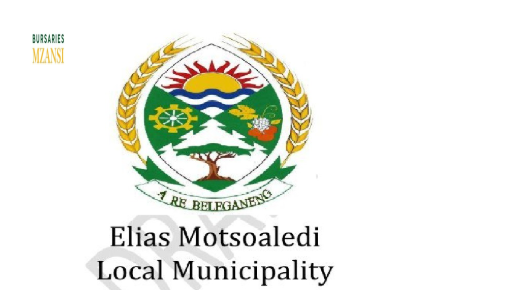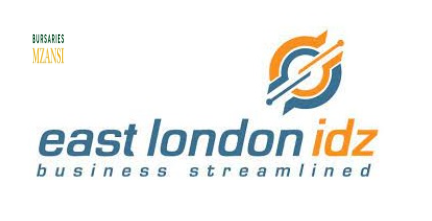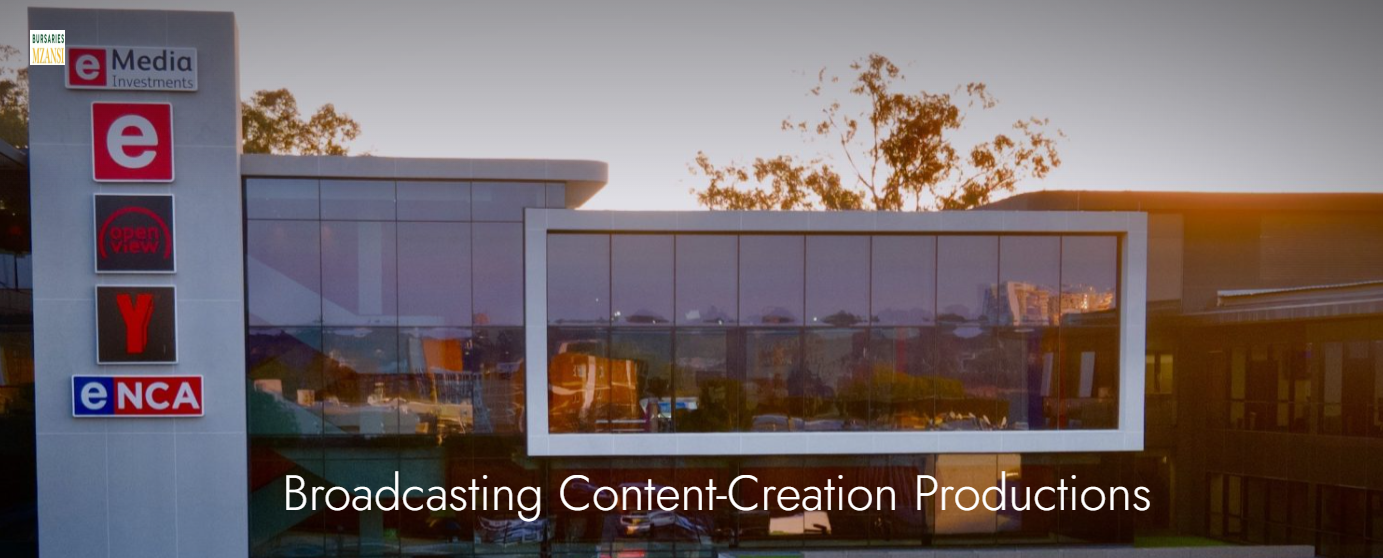If you are a student in South Africa or planning to study here, you have probably come across the word bursary many times. A bursary can be the golden ticket that helps you study without worrying about tuition fees, accommodation, or study materials. But before you apply, you need to understand bursary requirements.
Each bursary has its own eligibility criteria, and missing even one small detail could mean your application is rejected. In this guide, we’ll break down the most common bursary requirements, explain why they matter, and share useful tips to help you stand out. Whether you’re finishing matric or already in university, this article will help you get prepared.
What Are Bursary Requirements?
Bursary requirements are the conditions you must meet to qualify for funding. These conditions can cover:
- Academic performance (your grades and subjects)
- Financial need (proof you cannot afford to pay fees)
- Field of study (some bursaries are only for specific courses)
- Personal background (for example, students from rural areas or disadvantaged communities)
- Commitment (such as working for the company that funded you after graduating)
Understanding these requirements helps you avoid wasting time on bursaries you don’t qualify for and increases your chances of success.
Academic Requirements
Almost every bursary in South Africa has academic eligibility criteria. Funders want to invest in students who show commitment and potential. Common academic requirements include:
- A minimum pass mark in certain subjects (often Mathematics, Physical Science, or Accounting).
- Overall average percentage (many bursaries ask for 65% or higher).
- A completed Matric certificate with university exemption.
- Current university students may need to maintain a specific GPA to keep their bursary.
💡 Tip: Always check the bursary provider’s official requirements. For example, the Allan Gray Orbis Foundation Fellowship requires strong academic performance and leadership potential.
If you want to learn more about specific bursary opportunities, check out our guide on Old Mutual Imfundo Trust Scholarship which clearly outlines academic expectations.
Financial Need Requirements
Many bursaries are aimed at financially disadvantaged students. To prove financial need, you will usually have to provide documents such as:
- Household income proof (salary slips, SASSA letters, or an affidavit if parents are unemployed).
- A certified copy of your parents’ or guardians’ ID documents.
- A sworn statement of household expenses.
For example, bursaries like NSFAS specifically target students from low-income families. They consider applicants from households earning less than a certain threshold per year.
If you don’t meet the financial need criteria, you might want to explore merit-based bursaries instead, which are awarded based on academic excellence rather than income.
Field of Study Requirements
Some bursaries are career-specific. For example:
- Engineering bursaries may require you to be enrolled in Civil, Mechanical, or Electrical Engineering.
- Teaching bursaries, like Funza Lushaka, require applicants to study teaching with a focus on priority subjects such as Maths, Science, or Languages.
- Medical bursaries are only for students studying Medicine, Pharmacy, or Nursing.
It is important to apply only for bursaries that match your chosen career path. Applying to the wrong bursary wastes your time and the provider’s resources.
👉 You can explore different options in our University Prospectus 2025 guide which lists available courses and fields linked to bursary opportunities.
Citizenship and Residency Requirements
Most bursaries in South Africa require applicants to be:
- South African citizens with a valid ID.
- Sometimes, bursaries are open to permanent residents or refugees with proper documentation.
- Some bursaries are limited to students from specific provinces or rural areas.
For instance, the Ikusasa Student Financial Aid Programme (ISFAP) often gives preference to South African citizens from disadvantaged communities.
Age Requirements
While age limits are not always strict, some bursaries target specific age groups. For example:
- School-leaver bursaries may only accept applicants under 25 years old.
- Postgraduate bursaries might focus on graduates under 35 years.
This ensures that bursaries are given to students who are at the right stage of their academic journey.
Work-Back or Service Agreement Requirements
One important but sometimes overlooked bursary requirement is the work-back clause.
This means once you graduate, you may need to work for the sponsoring company for a certain period, usually 1 to 3 years. For example:
- If a mining company funds your studies in Geology, you may have to work in their operations after graduation.
- If a government department funds you, you may be required to serve in public institutions.
💡 Tip: Always read the fine print. A bursary may look attractive, but if you are not comfortable with the work-back obligation, think carefully before accepting it.
Personal Qualities and Extracurricular Activities
Bursary providers don’t just look at grades and financial need. They also want well-rounded individuals. They may ask about:
- Leadership experience (being a prefect, class representative, or sports captain).
- Community involvement (volunteering, tutoring, or youth projects).
- Career motivation (why you chose your field of study).
This is where your bursary motivational letter plays a huge role. If you’re unsure how to write one, check our guide on How to Apply for a Matric Certificate Replacement, where we share tips on documentation and writing professional applications.
Common Documents Required
Most bursary applications will ask for the following documents:
- Certified copy of your ID document
- Certified copy of your Matric certificate or latest results
- Proof of university acceptance (for new students)
- Academic transcript (for current students)
- Proof of household income
- A well-written CV
- A strong motivational letter
Having these documents ready will make the application process smoother.
Mistakes to Avoid When Meeting Bursary Requirements
Even if you meet all requirements, a single mistake can ruin your chances. Common errors include:
- Missing application deadlines
- Submitting incomplete forms
- Providing false or exaggerated information
- Not signing forms or leaving sections blank
- Forgetting to attach certified copies
💡 Always double-check your application before submission.
Where to Find Bursaries That Match Your Requirements
Here are a few reliable places to look for bursaries in South Africa:
- Bursaries South Africa – Updated bursary listings by category
- Department of Higher Education and Training – Government bursaries and policies
- NSFAS – National funding for students in need
- Career Wise – A bursary management portal
You can also keep checking our site Bursaries Mzansi for regularly updated bursary guides.
Final Thoughts
Meeting bursary requirements is not as complicated as it seems. It simply requires understanding what funders are looking for and preparing your documents properly.
To recap:
- Focus on academic excellence
- Gather proof of financial need if required
- Apply only for bursaries in your field of study
- Be honest and authentic in your motivational letter
- Pay attention to deadlines and fine print
If you prepare early and follow the right steps, you will increase your chances of being awarded funding.
Education should not be limited by financial struggles, and bursaries exist to help bridge that gap. Take the time to understand the requirements, and you may soon be on your way to a fully-funded education.



